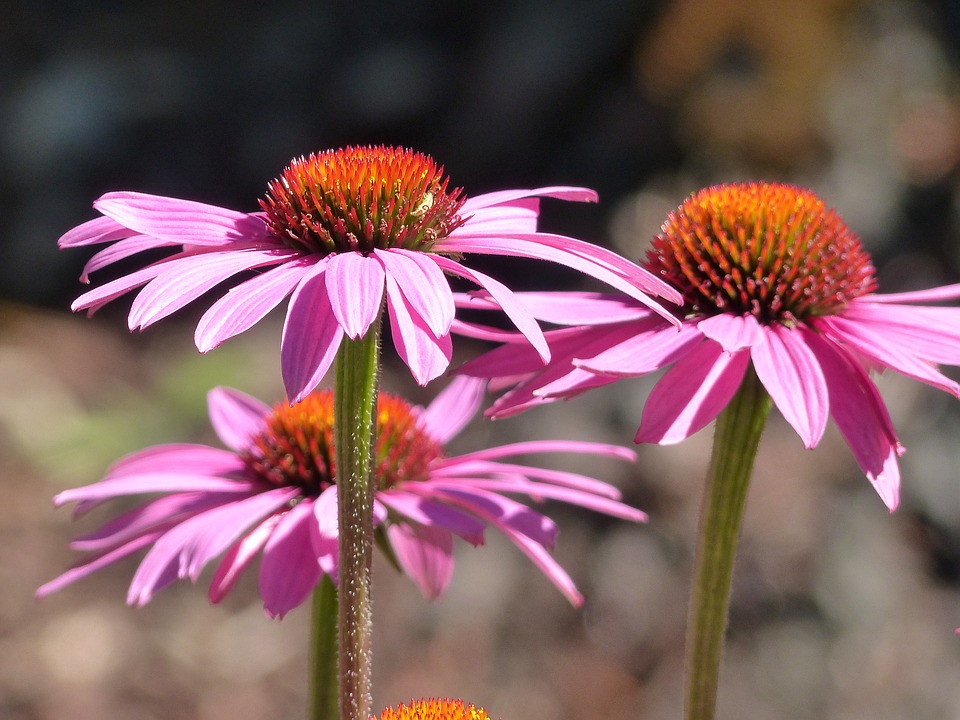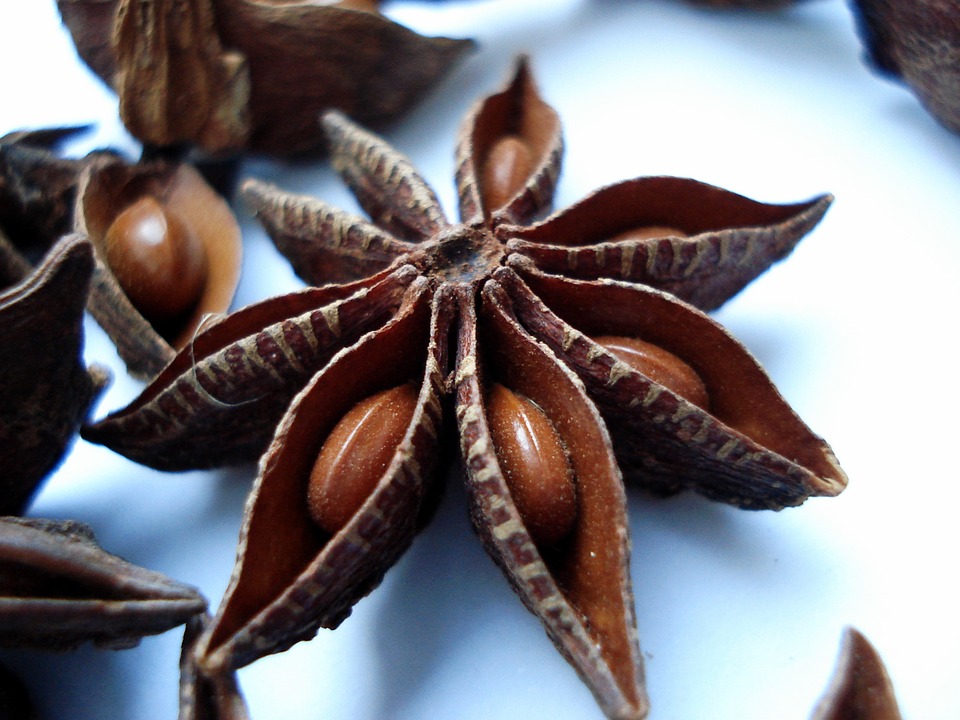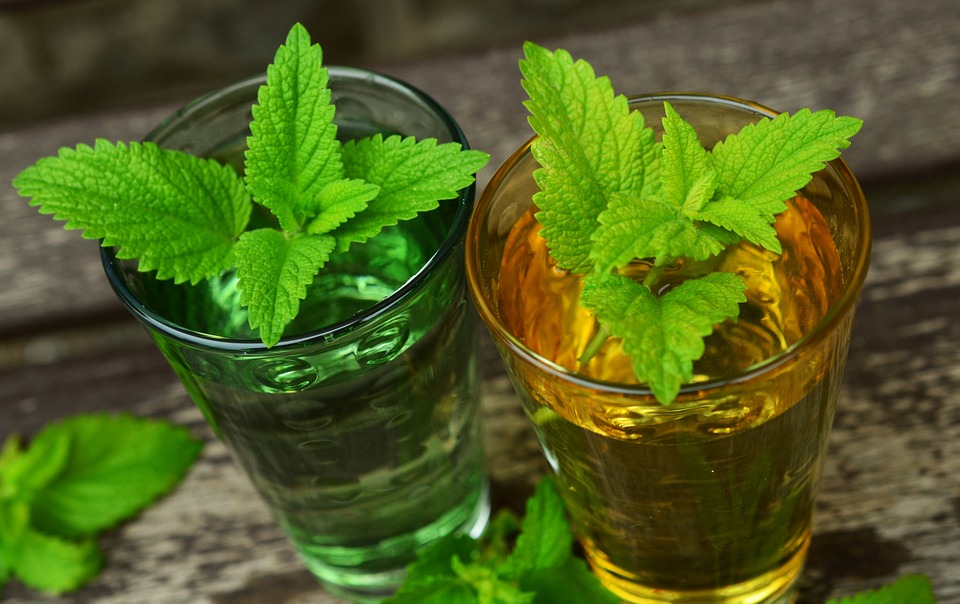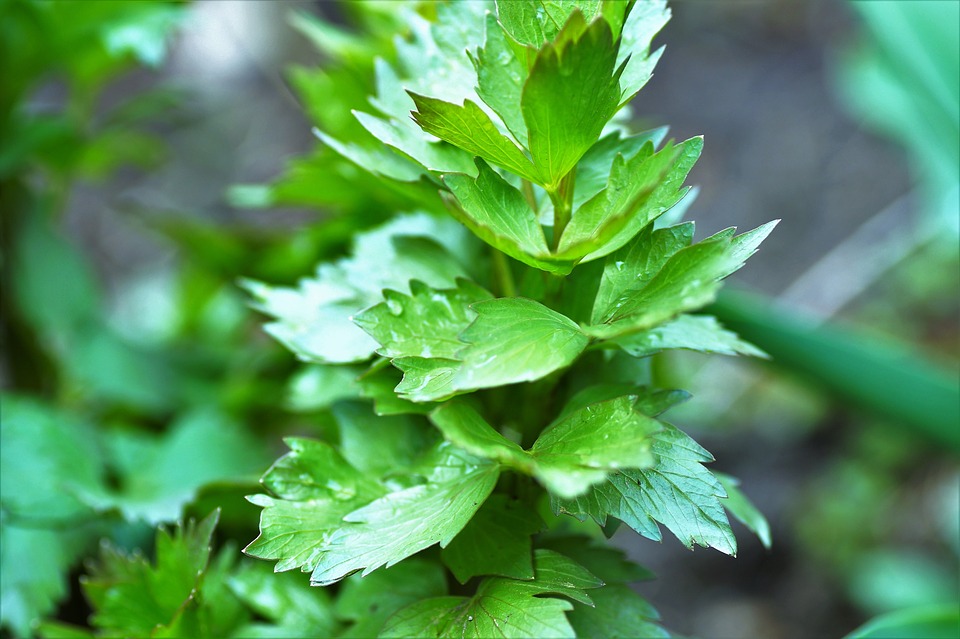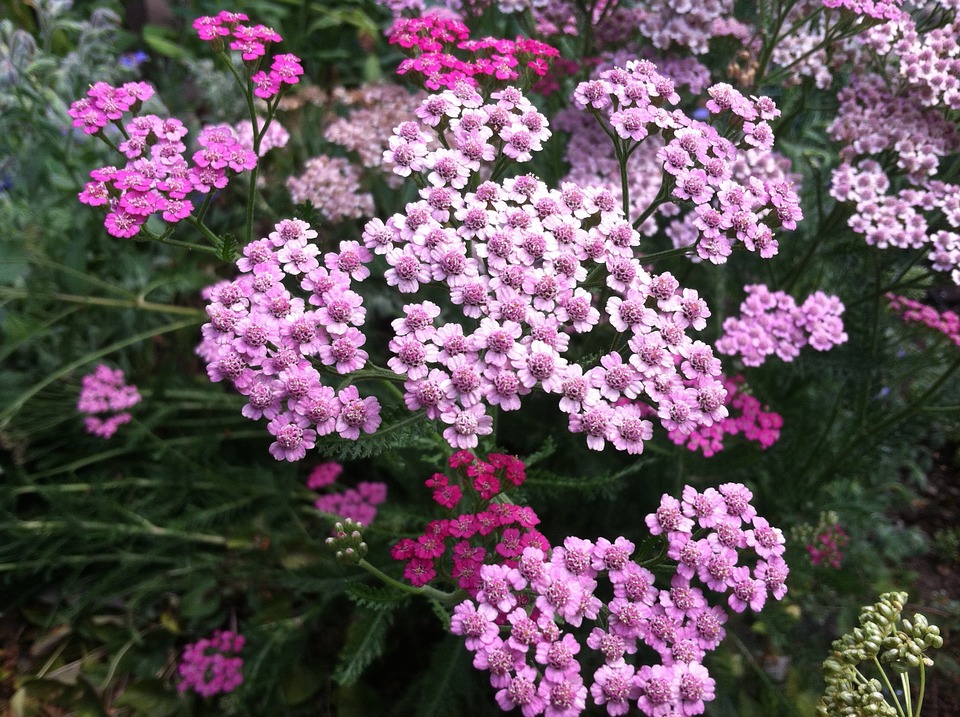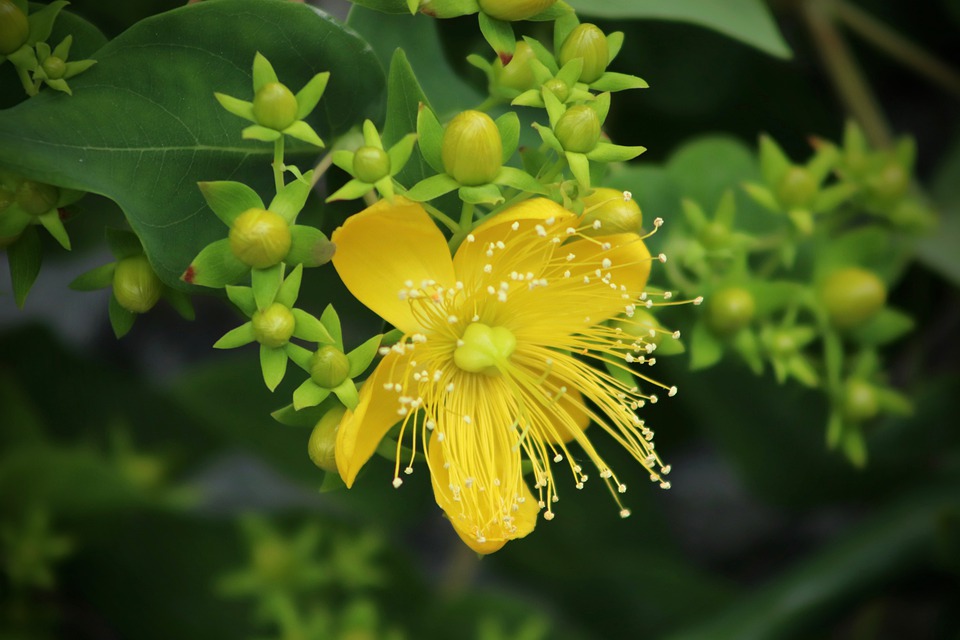Natural Herbs
Healing the Right Way
The way forward with Natural Herbs
John Lennon once wrote a song called "Imagine" which he went on to say - Imagine there's no heaven, imagine there are no countries, imagine no possessions. John didn't live long enough to realise all his dreams. But could you imagine a world without herbs? Imagine baked potato without chives or gingerbread without ginger.
Before the discovery of modern pharmaceutical drugs, both Europeans and Americans relied on herbs. Imagine what life would have been like without herbs. Still, today, for millions of people around the world herbs are the real medicines they depend on to stay healthy. Even today, people in Spain, France and other European nations use herbal medication nearly every day.
Though for a time, Americans pretty much cast them aside until now. The Chinese people use a variety of herbs to cure all sorts of ailments as do the people of India and South Africa. There's hardly any nation that doesn't use herbs in several ways and not just in cooking.
For years, herbs have been a natural healing power and do more than add depth to sauces or a tangy zip to potatoes or tofu. Herbs can do wonders for your health. They can help prevent infections. They can help ease pain and swelling, and they can also lower cholesterol.
You can use herbs in so many medicinal ways such as herbs for anti-inflammatory, herbs for high blood pressure, herbs for hypertension, herbs for fibroids, herbs to relieve menopausal discomfort. You can even use herbs to help quit smoking should you be a puffer. There are a great many ways you can use herbs for almost anything medicinal or otherwise.
Doctors are even discovering that herbs work just as well, if not better, than over-the-counter or prescription drugs and for a straightforward reason. The active ingredients in herbs may be virtually identical to the chemicals found in modern medicines. For example, when you take an aspirin, you got the benefit of a compound called acetylsalicylic acid, which eases pain, lowers fever and reduces inflammation.
Long before aspirin came onto the scene, people made tea from willow bark. Willow Bark comes from the bark of several varieties of the willow tree that contain a compound called salicin, which has many of the same effects as aspirin.
Natural Herbs - Echinacea
Natural Herb Remedies versus Over-the-Counter Drugs
It may be much easier to find over-the-counter drugs than herbal remedies only because more and more pharmacies around the world are allowing drugs to be put back on their shelves in favour of a more natural way of healing. While this may be the case, if you look hard enough, you can still find less harmful alternatives in some pharmacies as well as in most health food stores.
One advantage of using herbal remedies is that they tend to cause fewer side effects than modern drugs. Modern drugs tend to have highly concentrated compounds which are why taking just one pill or capsule can have such dramatic results. Since herbs are much less intensive, you won't get as much of the active ingredients in your body at one time, so the chances are, you're less likely to have an unbearable reaction.
But the main reason why more and more people are using herbs such as Feverfew, Milk Thistle and Chamomile is that they work, which is why, in one year German physicians wrote over five million prescriptions for ginkgo, a herb that has shown to improve blood flow to the brain. They also wrote over two million prescriptions for Echinacea, an immunity-boosting herb, often used for treating colds and flu. Studies have shown that taking Echinacea as soon as you start feeling ill will shorten the duration of your infection.
Natural Herbs - Echinacea
Natural Herbs
There are thousands of herbs used for healing around the world. For convenience, most herbs are taken in capsule, tablet and liquid form as well as in teas. I have compiled a list of some of the most popular healing herbs and instructions for using them. Bear in mind, if you are pregnant or have some severe health issues, be sure to talk to your doctor before using medicinal herbs.
Anise. The benefits of Anise is that it eases hot flashes and other menopausal problems as well as it helps relieve gas. To use it, crush one teaspoon of the seeds and steep in boiling water to make tea.
Chamomile. The benefits of Chamomile is that it's good for easing sore throats and indigestion as well as it helps relieve gas. To use it, pour boiling water over 1-2 teaspoons of the herb and steep to make tea.
Echinacea. The benefits of Echinacea is that it strengthens your immune system. To use it, take 1/2 teaspoon tincture three times a day at the first sign of a cold. Or you can pour boiling water over 1/2 teaspoon coarsely powdered dried herb and steep to make tea.
Fennel. The benefits of Fennel is that it eases hot flashes and other menopausal problems as well as it helps settle your stomach. To use it, crush 1 to 2 teaspoons of dried seeds and steep in boiling water to make tea.
Gentian. The benefits of Gentian is that it helps stimulate appetite as well as it helps improve digestion. To use it, pour boiling water over 1/2 a teaspoon of finely cut or the coarsely powdered herb and steep to make tea.
Natural Herbs - Anise
Natural Herbs
Ginkgo. The benefits of Ginkgo is that it helps prevent blood clots and increases blood flow to your brain. It also eases anxiety. To use it, take a 40-milligram capsule three times a day.
Horehound. The benefits of Horehound is that it is a mild expectorant that's good for coughs. To use it, pour boiling water over one and a half teaspoons of finely cut leaves and steep to make tea.
Lemon Balm. The benefits of Lemon Balm is that it's a calming herb that also helps ease cold sores. To use it, pour boiling water over 1 to 2 teaspoons of finely chopped leaves and steep to make tea.
Lovage. The benefits of Lovage is that it helps relieve gas and fluid retention. To use it, pour boiling water over 1/2 a teaspoon of finely cut root and steep to make tea. Repeat three times a day when using as a diuretic.
Milk Thistle. The benefits of Milk Thistle is that it's suitable for liver problems such as hepatitis and cirrhosis. To use it, take a 200-milligram capsule once a day.
Natural Herbs - Lemon Balm
Natural Herbs
Nettle. The benefits of Nettle is that it helps relieve fluid retention. To use it, pour boiling water over two teaspoons of finely cut leaves and then steep to make tea.
Oregano. The benefits of Oregano is that it's useful for parasitic infections and for blocking a substance capable of causing cancer in living tissue. To use it, add generous amounts of whole leaves or the powdered herb during cooking.
Parsley. The benefits of Parsley is that it's an excellent digestive aid as well as being a mild diuretic. To use it, add generous amounts of leaves and stems during cooking.
Peppermint. The benefits of Peppermint is that it eases an upset stomach and reduces gas. To use it, pour boiling water over one tablespoon of dried leaves and steep to make tea.
Rosemary. The benefits of Rosemary is that it eases digestion and helps stimulate the appetite. To use it, pour boiling water over one teaspoon of finely chopped leaves and steep to make tea.
Natural Herbs - Oregano
Natural Herbs
St. John's Wort. The benefits of St. John's Wort is that it eases nervousness and anxiety. It helps to improve memory and concentration. It also has anti-viral and anti-inflammatory effects. To use it, take a 250-milligram capsule once a day.
Summer Savory. The benefits of Savory is that it relieves gas and diarrhoea as well as it stimulates the appetite. To use it, add generous amounts of crushed leaves during cooking.
Thyme. The benefits of Thyme is that it eases cough and upper respiratory infections. To use it, pour boiling water over one teaspoon of the dried herb and steep to make tea.
Bearberry. (Uva Ursi) The benefits of Bearberry is that it helps relieve fluid retention as well as it helps fight inflammation in your urinary tract. To use it, pour cold water over one teaspoon of coarsely powdered leaves and then let stand for 12 to 24 hours before making tea.
Valerian. The benefits of Valerian is that it's suitable for insomnia. To use it, pour boiling water over 1 to 2 teaspoons of finely cut root and steep to make tea.
Willow Bark. The benefits of Willow Bark is that it helps ease pain, fever and headaches. To use it, pour boiling water over 1 to 2 teaspoons of finely chopped bark and steep to make tea.
Yarrow. The benefits of Yarrow is that it's useful for indigestion and for stimulating your appetite. To use it, pour boiling water over one heaped teaspoon of finely chopped herb and steep to make tea.
Natural Herbs - Thyme
Natural Herbs - Let them do their Magic
Opening a bottle and popping a pill in your mouth reminds me of a song written by the Rolling Stones called "Mother's little helper" It goes something along the lines ...
"Quote" What a drag it is getting old
Kids are different today; I hear every mother say
Mother needs something today to calm her down
And though she's not ill, there's a little yellow pill
She goes running for the shelter of a mother's little helper
And it helps her on her way, gets her through her busy day
Things are different today; I hear every mother say
Cooking fresh food for a husband's just a drag
So she buys an instant cake, and she burns her frozen steak
And goes running for the shelter of a mother's little helper
And it helps her on her way, gets her through her busy day
Doctor please, some more of these
Outside the door, she took four more
What a drag it is getting old. "Unquote"
If this sounds all too familiar to you, getting used to the healing power of herbs can take a little more time and research than simply popping a few more pills. But it could be worth your while, and it could also possibly save your life from any number of serious illnesses.
Apothecaries and natural health food stores often stock hundreds of healing herbs. They come in a variety of forms - packed in capsules, dissolved in oils or lying loose in covered glass counters. It may not always be easy to know which type to choose or how to prepare the herbs when you get home, so here are a few tips for getting started.
Natural Herbs - Peppermint
Natural Herbs - Choosing the right Form
Many herbal remedies come in three forms, as pills, capsules and liquids (also referred to as extracts or tincture solutions) as well as in their natural structures as bark, leaves, roots and flowers. Each of these forms provides benefits. However, they also act in slightly different ways.
When you're sick and want fast relief, the herbal extracts are usually best because they're absorbed much quicker by your body. They may not be as convenient as a pill or capsule so you'd have to measure them using a glass dropper bottle for liquids or a spoon (in most cases, a teaspoon) for chopped leaves or powdered dried herbs before placing them into water or juice. They will go to work almost instantly.
When you're using herbs for long-term protection, that is to protect your immune system; it doesn't matter how quickly they work. What usually counts is the convenience, since you're probably going to use them almost every day. Nothing is more accessible than taking your herbs in pill or capsule form. Just be sure to check the label before purchasing them. Herbal medication should be standardised, which means they contain the correct amount of the healing herb. Non-standardised products may contain little or none of the active compounds.
You can also purchase herbs in their natural form such as bark, root or leaves or those ground into a powder—this form of the herb you can easily use when making teas. While herbal teas sometimes work more slowly than extracts, they're absorbed far faster in your body than pills and capsules. Plus, if you're a tea lover, the taste of freshly brewed herbal teas will no doubt be enjoyable. Also, the ritual of brewing tea and then sipping it slowly is not only relaxing, but it will also make you feel a whole lot better.
Natural Herbs - Lovage
Natural Herbs - Shop for Freshness
The only real problem with fresh herbs is that they tend to give up their healing benefits over time. It's certainly not a good sign if fresh herbs are lying in bins in the store's front window with the sun pouring in, since herbs when harvested lose their potency when exposed to light and air.
So before buying fresh herbs, it's always advisable to put your nose to the test. Fresh herbs should smell, well, sweet. Don't buy herbs that feel musty or look mouldy, very dry or discoloured. When you return home, be sure to store them in an airtight container in a cool, dark place such as a kitchen cupboard and away from your stove.
Natural Herbs - Yarrow
Natural Herbs - Shop more Often
Even though it may be convenient to buy in bulk, dried herbs won't keep indefinitely so to get the most healing power from your herbs. It's advisable to buy your herbs in smaller amounts and to replenish them a bit more frequently.
Even though herbs are often gentler than modern medicines, they can cause some side effects such as an upset stomach, so it's always a good idea to take your healing herbs with your meals rather than on an empty stomach. And because herbs are medicines, be sure to check with your doctor before taking them, especially if you're taking other medications for severe conditions such as diabetes or heart disease.
Natural Herbs - St John's Wort
Natural Herbs - In your Home
Most herbs are natural to grow, either in your backyard garden or directly in a flowerpot on the windowsill. But to preserve their healing powers, you have to dry and store them properly. Here's how.
1) When drying leaves or flowers, tie small bunches of herbs together and hang them upside down in a dry, well-ventilated area such as an attic or large pantry. To preserve them from getting dusty, you can hang the herbs inside paper bags with holes punched in the sides to allow air to circulate. But be careful not to crush the herbs, since this will cause the precious oils to dissipate.
2) When drying roots, cut them into thin pieces, thread them on a length of string and hang them to dry.
3) When drying seeds, hang the entire plant upside down in a paper bag and allow to dry. As the plant dries, the seeds will fall to the bottom of the bag.
4) To keep dried herbs fresh, store them in tightly sealed jars in a cool, dark place. When properly stored, dried herbs will retain their potency for a year or more.
Natural Herbs - Parsley
Love Travel Eat Right - Disclaimer
Please take note that the information on this site is designed for educational purposes and is intended solely for a general readership. The contents herein are not intended to offer any personal medical advice or to diagnose any health issues you may have. This information is also by no means a substitute for medical care by a licensed healthcare provider. For that, you'd need to consult your medical doctor or a health care practitioner for any advice should you require prescription medication.
